The first report of the new continuous National Audit of Inpatient Falls (NAIF) provides a detailed look into the care and management of patients who sustain a hip fracture as the result of a fall while they are in hospital.
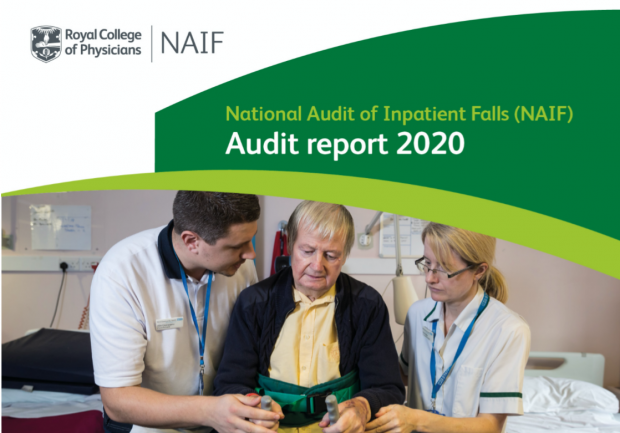
Falls are the most frequently reported incident affecting hospital inpatients, with 247,000 falls occurring in inpatient settings each year in England alone (NHS Improvement). The data collected by NAIF and presented in this report provide ample opportunity to identify areas in which to enhance the quality of care for people who sustain an inpatient hip fracture. …
Read more of this article

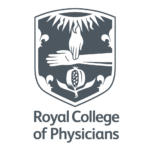
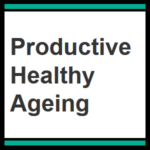
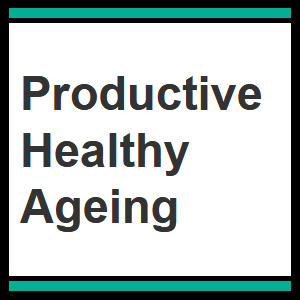 The Productive Healthy Ageing team at Public Health England are developing the research framework for healthy ageing and would like to invite you to take part in a survey to support this process. They will use the survey to identify the gaps in research on healthy ageing and to produce a list of the highest priority research questions to influence future research proposals.
The Productive Healthy Ageing team at Public Health England are developing the research framework for healthy ageing and would like to invite you to take part in a survey to support this process. They will use the survey to identify the gaps in research on healthy ageing and to produce a list of the highest priority research questions to influence future research proposals.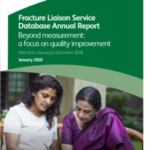
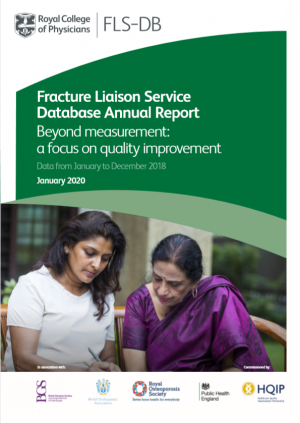

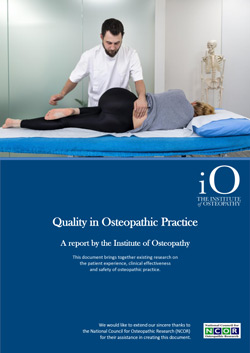
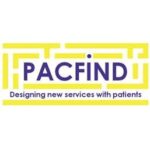
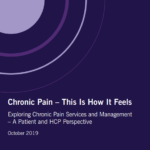
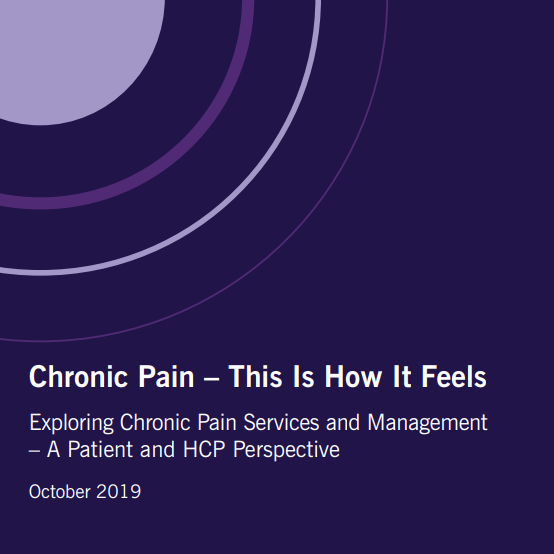 In October 2019 a report on chronic pain services and management from a patient and healthcare professional perspective was published. The research has highlighted a number of key insights and themes for how respondents felt that chronic pain services can be improved and made more equitable in the future. Pain is one of the common factors across all MSK conditions, so this is something which ARMA will be following up in the future.
In October 2019 a report on chronic pain services and management from a patient and healthcare professional perspective was published. The research has highlighted a number of key insights and themes for how respondents felt that chronic pain services can be improved and made more equitable in the future. Pain is one of the common factors across all MSK conditions, so this is something which ARMA will be following up in the future.
 The National Early Inflammatory Arthritis Audit (NEIAA) collects information on all new patients over the age of sixteen seen in specialist rheumatology departments with suspected inflammatory arthritis in England and Wales. The first report was published in October. The audit assesses seven key metrics of care provided for people with new symptoms of arthritis attending rheumatology services for the first time and makes recommendations for services, educators and commissioners.
The National Early Inflammatory Arthritis Audit (NEIAA) collects information on all new patients over the age of sixteen seen in specialist rheumatology departments with suspected inflammatory arthritis in England and Wales. The first report was published in October. The audit assesses seven key metrics of care provided for people with new symptoms of arthritis attending rheumatology services for the first time and makes recommendations for services, educators and commissioners.

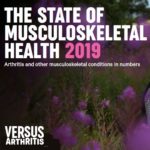


 The Foundation for Research in Rheumatology (FOREUM) launches a new study.
The Foundation for Research in Rheumatology (FOREUM) launches a new study.